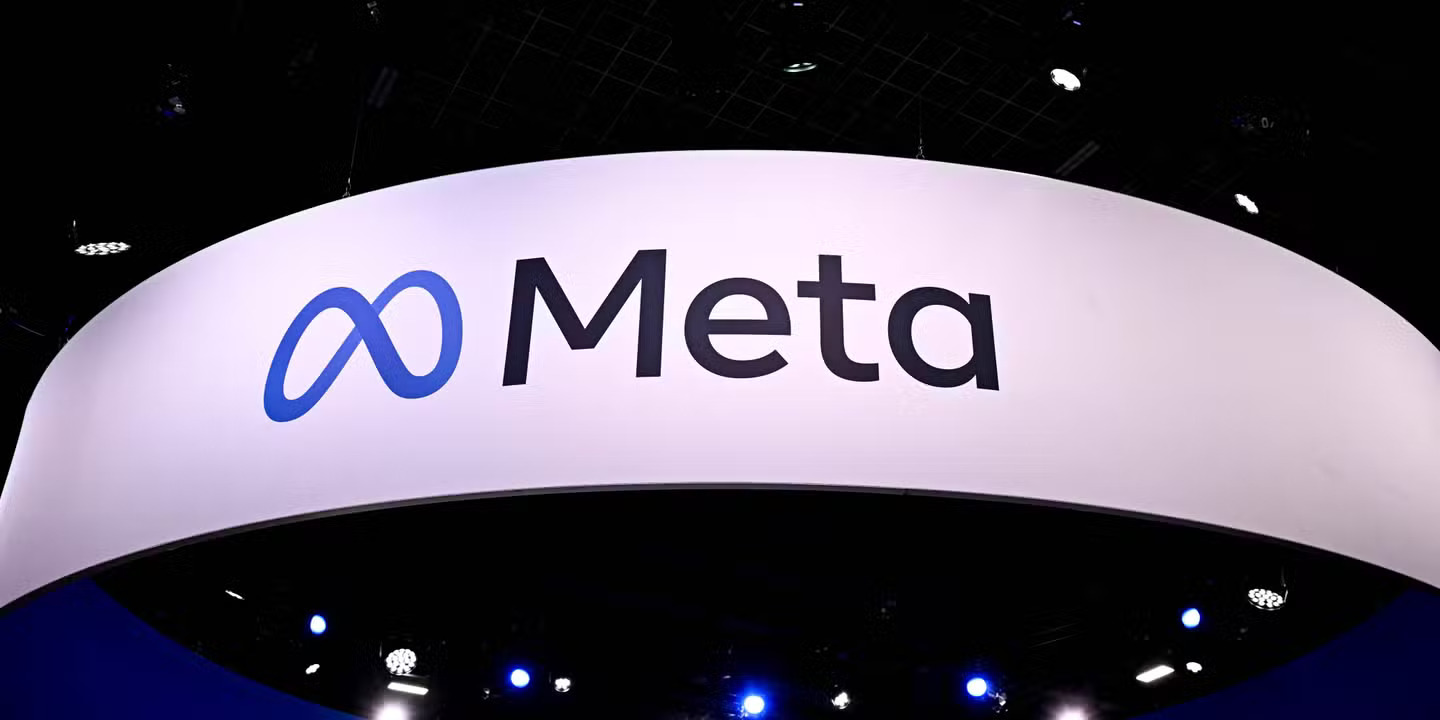Meta CEO Mark Zuckerberg announced Tuesday that the company will overhaul its content moderation policies for Facebook and Instagram, shifting from third-party fact-checking to user-generated “community notes.” The change aligns Meta’s approach with that of Elon Musk’s platform, X, and comes as former President Donald Trump prepares to return to the political stage, raising questions about potential political motivations.
The announcement coincides with the anniversary of Trump’s 2021 suspension from Meta platforms following the January 6 Capitol attack. It also follows years of conservative criticism of Zuckerberg, particularly after he donated $400 million to election operations during the COVID-19 pandemic—a move Trump allies have linked, without evidence, to alleged election fraud.
In his statement, Zuckerberg emphasized the importance of “free expression” and criticized fact-checkers as “politically biased.” As part of the overhaul, Meta will move its moderation team from California to Texas, and will lift certain restrictions on sensitive topics, including immigration and gender discussions.
Trump, who has faced bans and content moderation decisions from major social media platforms, praised Meta’s move during a press conference, calling it a “step forward” but did not confirm if his previous threats had influenced the company’s decision.
Meta’s shift has broader political and business implications. Some view it as an effort by tech companies to build goodwill with Trump’s incoming administration. Meta and Amazon recently made donations to Trump’s inauguration fund, and Zuckerberg appointed Trump ally Dana White to Meta’s board of directors.
However, critics are concerned that ending the fact-checking program could fuel disinformation and undermine Meta’s credibility. Dan Evon of the News Literacy Project warned, “This decision legitimizes narratives that fact-checking is politically biased.”
Despite concerns, analysts believe Meta’s size and dominance in the social media space could protect it from immediate fallout. Still, any erosion of user trust or engagement could ultimately harm its advertising-driven business model.
While some conservatives cautiously welcomed the changes, others expressed skepticism. “Can any of us assume Zuckerberg won’t return to his old tricks?” tweeted Republican Senator Mike Lee.
Meta’s Oversight Board has vowed to ensure the new moderation approach balances free speech with effective content regulation. Meanwhile, some in academia and media have raised alarms about the potential for an increase in harmful content on the platforms.
Zuckerberg’s decision signals a major shift in Meta’s strategy that could influence its relationship with both users and political figures in the years ahead.

